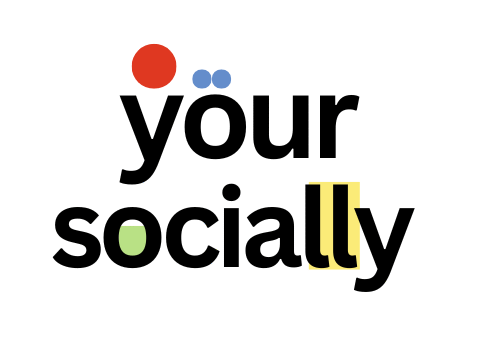When most people think of crime, they imagine theft, violence, or burglary. But there’s another type of crime that often goes unnoticed yet causes billions in losses every year—white-collar crime. Unlike street crime, white-collar crime is committed in professional settings, usually for financial gain. It’s a hidden threat that can damage businesses, economies, and even trust in institutions.
What Is White-Collar Crime?
The term “white-collar crime” refers to non-violent offenses committed by professionals, executives, or government officials. These crimes typically involve deceit, fraud, or misuse of power. Common examples include embezzlement, insider trading, money laundering, and corporate fraud. While these crimes may not involve physical harm, their consequences can be devastating, often affecting thousands of people at once.
The Impact on Businesses and Society
White-collar crime can cripple organizations from within. Embezzlement or fraud drains company resources, while insider trading undermines trust in financial markets. Beyond the financial losses, businesses face reputational damage, legal battles, and loss of investor confidence. On a larger scale, scandals like Enron or the 2008 financial crisis show how widespread white-collar crimes can shake entire economies.
Why Is It So Dangerous?
The biggest danger of white-collar crime lies in its invisibility. It often goes undetected for years, hidden behind complex financial records or clever manipulation. Because it is non-violent, people sometimes underestimate its severity. Yet, the financial and emotional toll on employees, investors, and consumers can be enormous.
Prevention and Accountability
Fighting white-collar crime requires strong internal controls, transparent policies, and ethical corporate cultures. Companies must invest in regular audits, compliance programs, and whistleblower protections to identify misconduct early. On the legal side, stricter regulations and harsher penalties help deter potential offenders. Holding individuals accountable—not just corporations—is crucial in sending the message that no one is above the law.
White-collar crime may not make daily headlines like street crime, but its effects are widespread and deeply damaging. It’s a hidden threat lurking in boardrooms, offices, and financial institutions across the world. By raising awareness, promoting ethical practices, and enforcing strict accountability, businesses and society can work together to minimize the risk.
Also Read:
The Psychology Behind Why People Love True Crime Stories.

